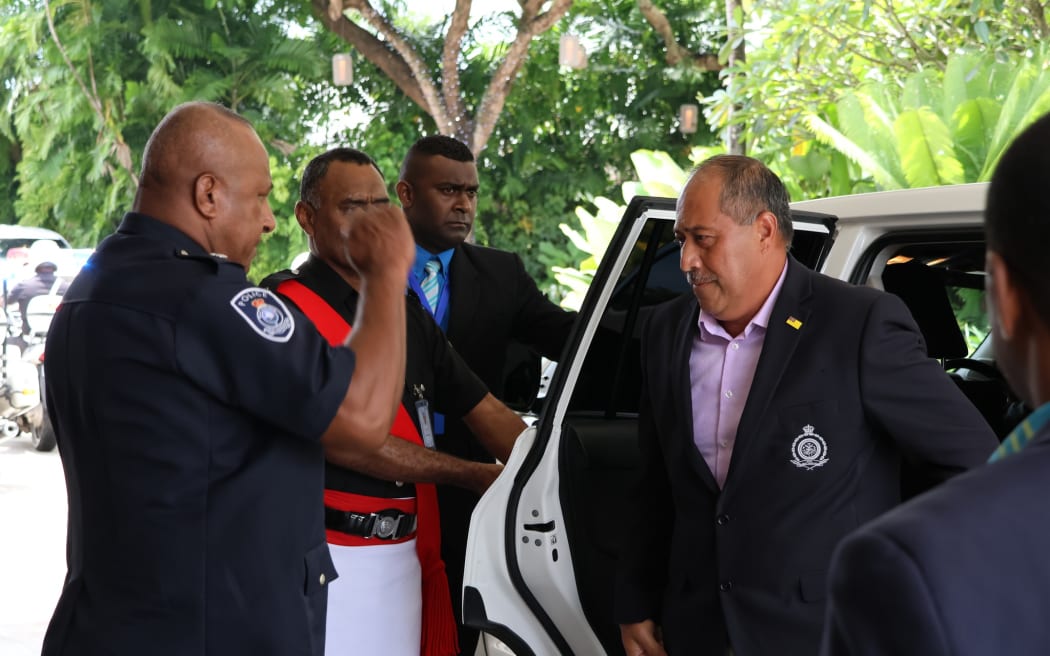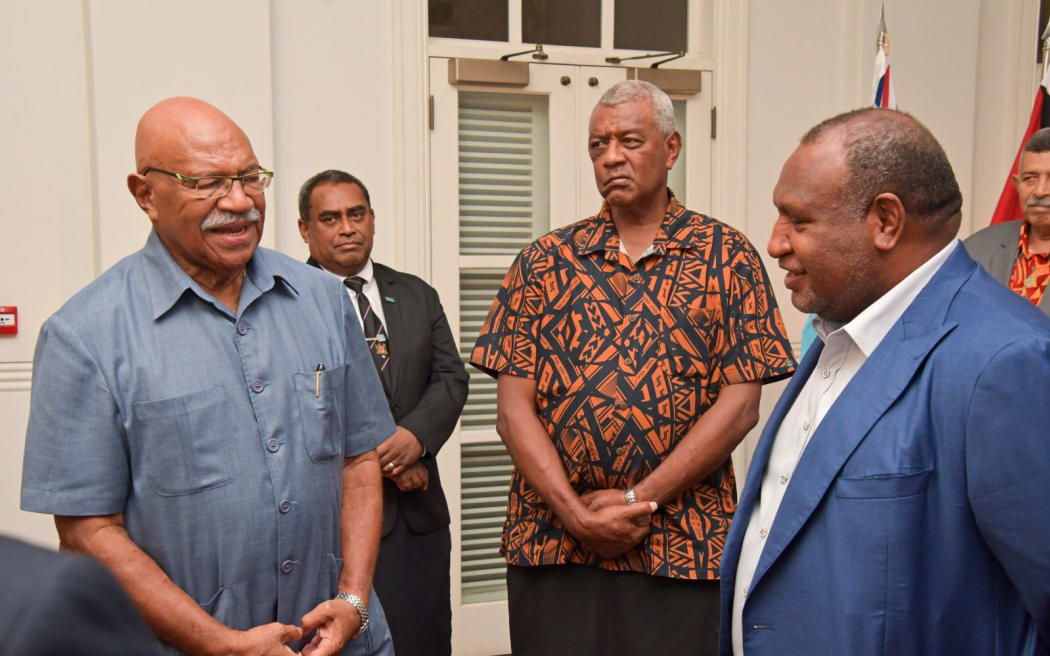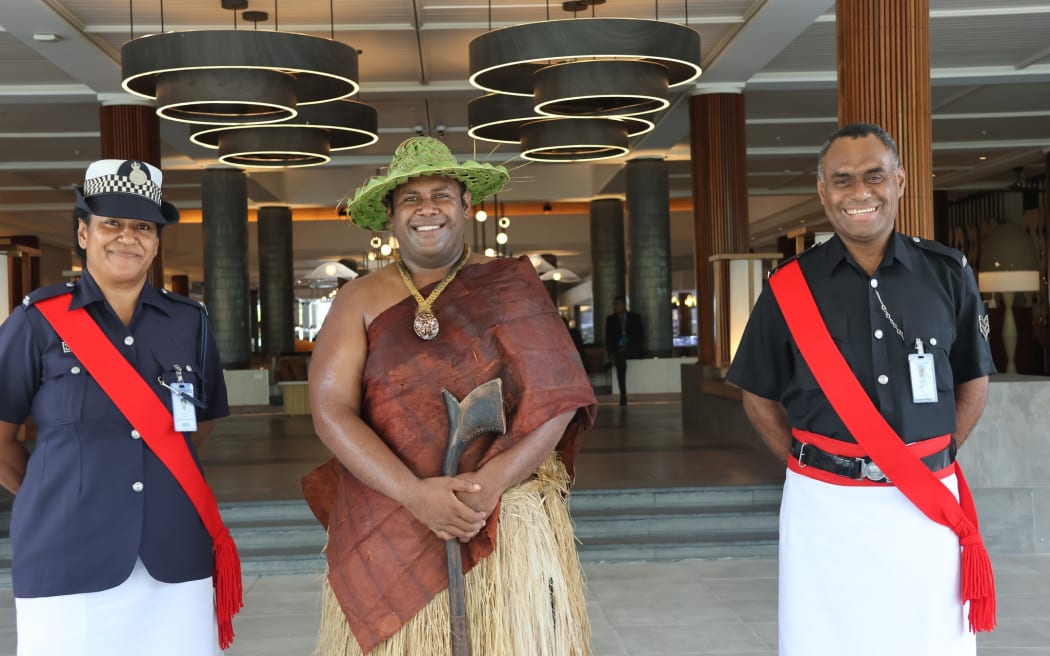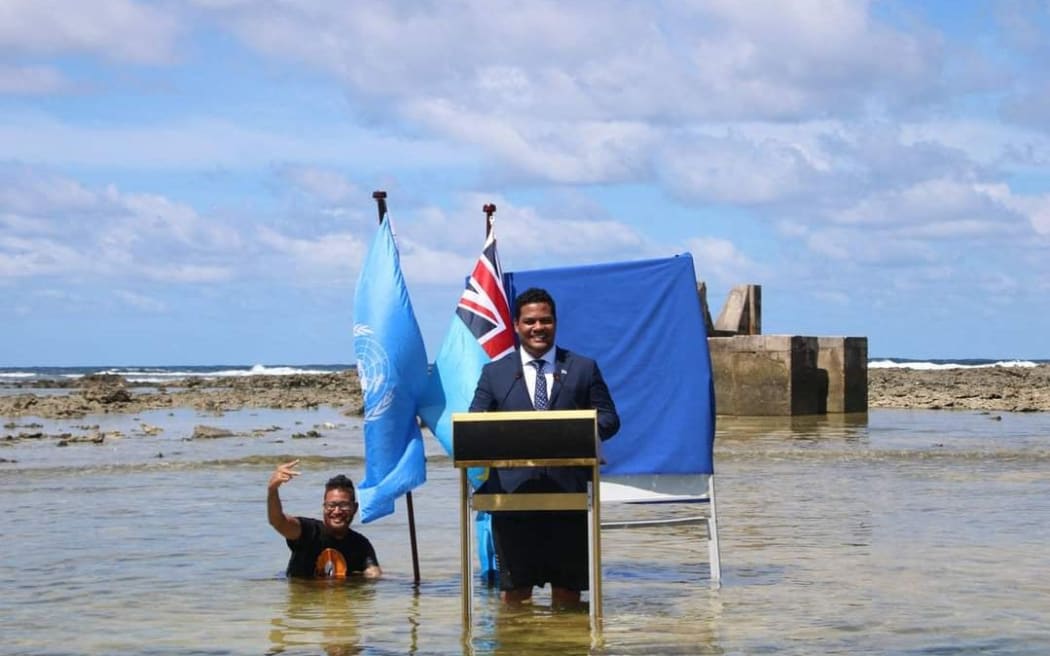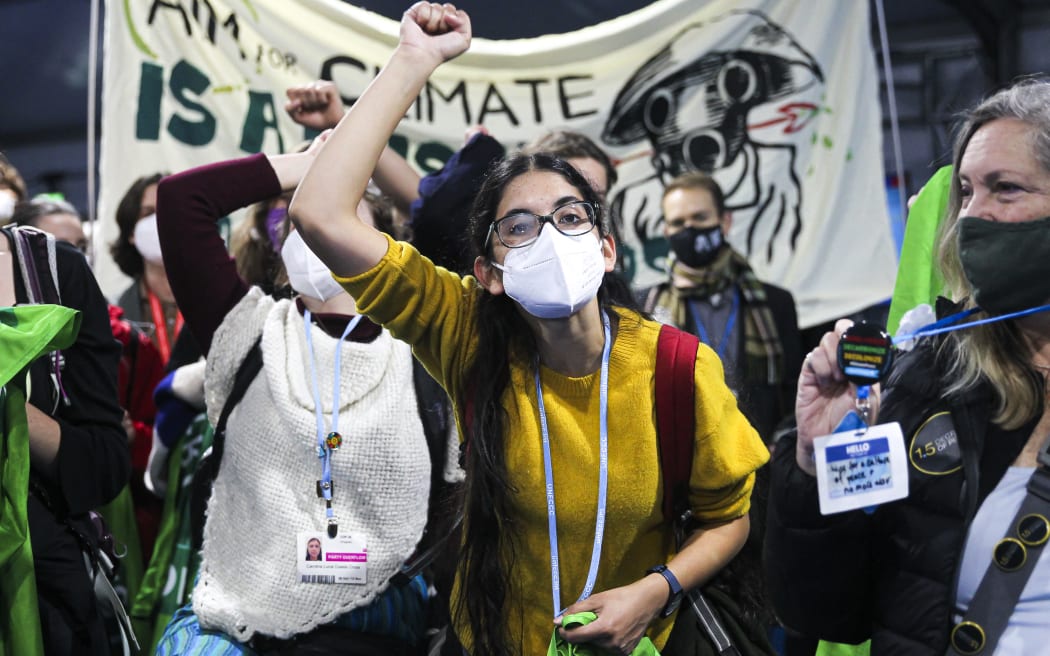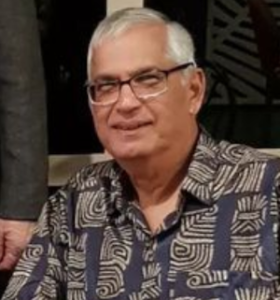By Matilda Yates, Queensland University of Technology
“From a white perspective it is journalism but for us, it is actually storytelling,” says Fiji student journalist Viliame Tawanakoro.
“In the Pacific, we call it talanoa, it hasn’t changed the gist of journalism, but it has actually helped journalism as a whole because we have a way of disseminating information.”
Fijians use storytelling or talanoa to communicate “information or a message from one village to another”, explains Tawanakoro, and that storytelling practices guides how he writes journalistic stories.
- READ MORE: Karoronga, kele’a, talanoa, tapoetethakot and va: expanding millennial notions of a ‘Pacific way’ journalism education and media research culture
- Other QUT Project reports
“Storytelling is about having a conversation, so you can have an understanding of what you are trying to pursue,” Tawanakoro says.
David Robie’s research, conducted while he was Auckland University of Technology’s Pacific Media Centre director and published in his book Don’t Spoil My Beautiful Face: Media, Mayhem and Human Rights in the Pacific, highlights the power of talanoa as a tool for effective reporting of the Pacific region with “context and nuance”.
However, Dr Robie notes the “dilemmas of cross-cultural reporting” in Fiji.
Fijian journalists face a cultural and potentially even a moral conflict, according to Fiji journalist Seona Smiles in the foreward to The Pacific Journalist: A Practical Guide.
‘Deep-rooted beliefs’
“Deep-rooted beliefs in South Pacific societies about respect for authority could translate into a lack of accountability and transparency on behalf of the powerful,” Smiles notes.
Fiji student journalist Brittany Nawaqatabu echoes this internal conflict as a young journalist who was “brought up not to ask too many questions” — especially to elder iTaukei.
“It’s always that battle between culture and having to get your job done and having to manoeuvre the situation and knowing when to put yourself out there and when to know where culture comes in,” Nawaqatabu says.
Managers and leaders in Fiji news media need deep awareness of cultural norms and protocols.
Editor of Islands Business Samantha Magick expresses the importance of hiring a diverse staff so that the correct journalist can be sent to cover what may be a culturally sensitive story.
“I unwittingly assigned someone to cover a traditional ceremony and I didn’t realise that their status within that community actually made it very difficult for them to do that,” she says.
In exploring journalism in the Pacific, Dick Rooney and his Divine Word University colleagues found that a Western understanding of journalism cannot be transplanted “into a society which has very different societal needs”.
‘More complexity’
Practising journalism in Fiji is like practising journalism in a small town “but with a lot more complexity”, Magick says.
She finds “the degree of separation isn’t six it’s like two”, meaning that it is a vital consideration of editors to ensure no conflict exists with the journalists and the community they are being sent to.
It is “incumbent on an editor to understand” the cultural norms and expectations that may be imposed on a journalist on an assignment and to ensure they have a “diverse newsroom of all ethnicities, not just the iTaukei but also the Indo-Fijian,” Magick says.
Nawaqatabu expands on one Fijian cultural norm in which “women are expected to not speak”.
As the Fijian news media and society modernise, and more diverse information becomes available, Fijian women in particular have found a voice through journalism.
“Pursuing journalism gives us that voice to cover stories that mean a lot to us, and the country as a whole, to communicate that voice that we didn’t initially have in the previous generation,” Nawaqatabu says.
Tawanakoro concurs with this sentiment. “Women have found a voice and are more vocal about what they want,” he says.
The intersection of tradition, culture and journalism in Fiji will continue, but Tawanakoro says journalists can operate effectively if they understand culture and protocols.
“As a journalist, you have to acknowledge there is a tradition, there is a culture if you respect the culture, the tradition, the vanua (earth, region, spot, place-to-be or come from) they will respect you.”
Matilda Yates is a student journalist from the Queensland University of Technology who travelled to Fiji with the support of the Australian Government’s New Colombo Plan Mobility Programme. This article is republished by Asia Pacific Report in collaboration with the Asia Pacific Media Network (APMN), QUT and The University of the South Pacific.
This post was originally published on Asia Pacific Report.

